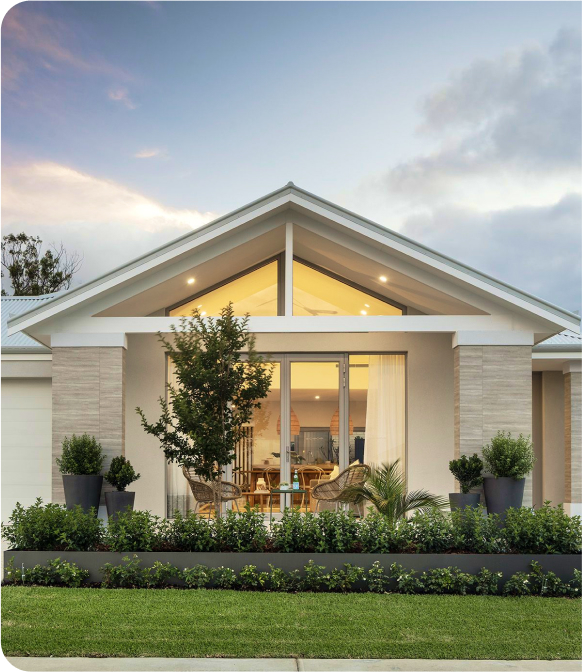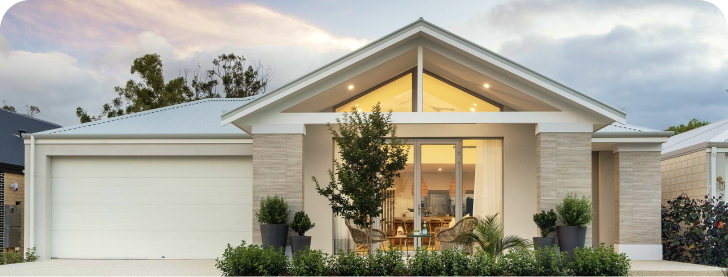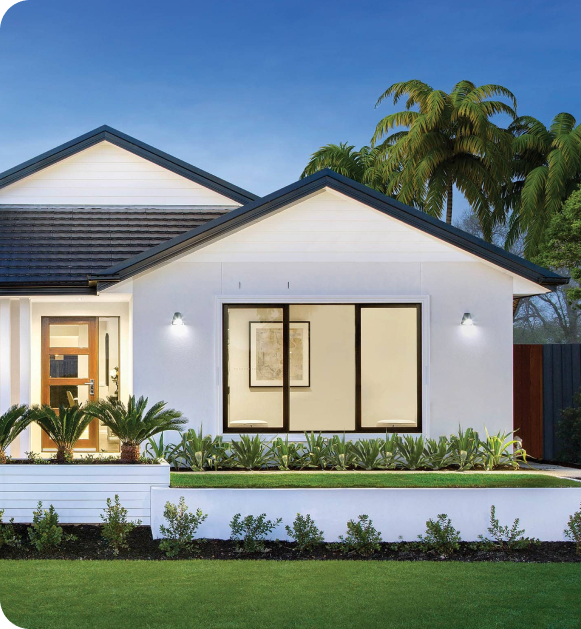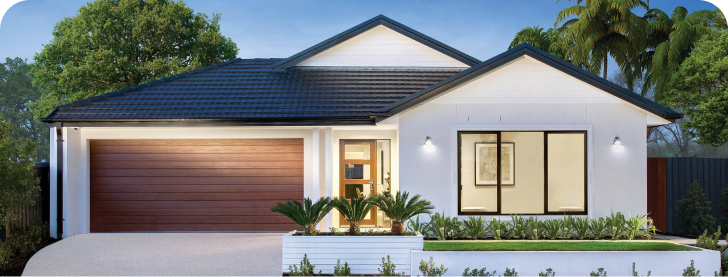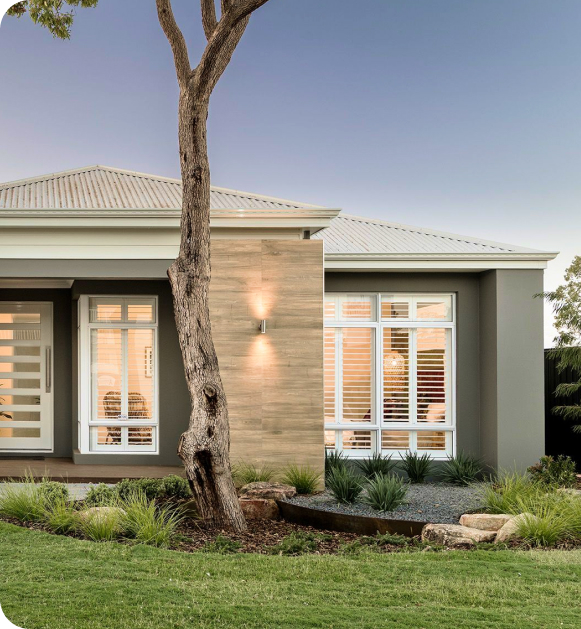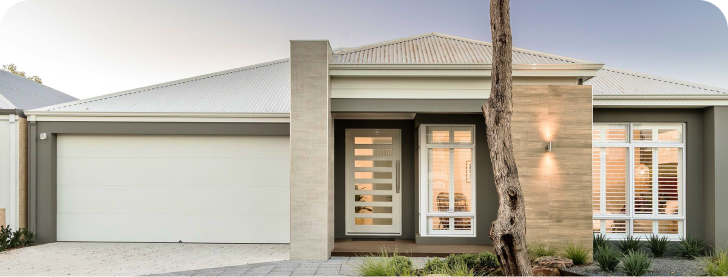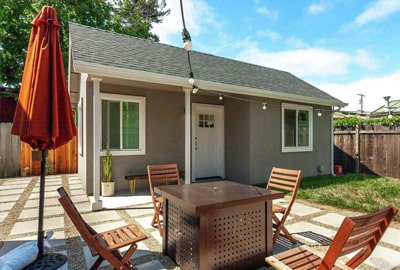
ADUs are the most affordable housing options, which, more than 50 years ago, became the solution to the housing crisis in California cities. Today, they are an excellent option for expanding living space, obtaining rental income, or working from home. There are many ADU options, from garage conversions to backyard cottages. However, granny flats or any other ADU housing options designed to care for people deserve special attention.
Many families have relatives who require special everyday care. In this case, flexible housing options such as ADUs come to the rescue, allowing homeowners to provide maximum comfort and the necessary support and strengthen family ties.
In this review, we will talk about which categories of ADUs are adequate for the needs of caregivers and reveal their advantages of operation. We will also pay special attention to highlighting why they are a better solution than the accommodation of all family members, including older adults, in single-family homes.
There are a huge number of specialized institutions where people who need help will be provided with the necessary support and decent living conditions. However, none of these places can be compared with ADU, so if you want a model accessory dwelling unit for caregiving, you will now understand all the benefits of this decision.
Multigenerational living spaces that unite older relatives with the smallest family members are a distinctive characteristic of many Eastern cultures and European countries such as Italy or Spain. The solution to model accessory dwelling units in a multigenerational format can bring many advantages.
Many studies show that modern people prefer solitude and living in a single-family lot. Among all the consequences of such a trend may be the loss of family ties. However, the family is the most important unit of society, and what is more important is that close family members are the only people who will always provide you with additional support in the most difficult situations. Living in a multigenerational accessory dwelling unit allows you to create strong family relationships from childhood.
When discussing supporting flexible housing options and the people living in them, which groups come to your mind first? Most likely, these are older adults and young children. It is not surprising that they have a lot in common, in particular, difficulties with socialization. So, the older people get, the more they begin to feel their uselessness in society, which has an extremely negative effect on mental health. Children also often face such a problem because they simply do not have the experience of entering new communities.
The multigenerational accessory dwelling unit, as a complex medication, solves both tasks simultaneously. Older people can share their knowledge, experience, and advice with young people. Thus, they will feel their social significance, and children will receive many useful insights that will save them from unnecessary worries and mental anguish.
We will talk in more detail about the privileges of living in an accessory dwelling unit from the point of view of solving health issues in a separate chapter of this review. Here we will clarify that there are disappointing numbers that almost 90% of older adults have a chronic disease that requires regular monitoring. Moreover, such insidious diseases as epilepsy or heart attack also find people in a moment of loneliness when they have no one to help. Fortunately, if you live in a multigenerational ADU, there is always a person in the house who will provide the necessary assistance.
All in all, multigenerational accessory dwelling units are not only a great way to cope with family caregiving tasks but also a great opportunity to spend more time with your beloved relatives and strengthen ties within the family.
The concept of sharing housing is very common in the field of social security because there are so many groups of people who do not want to live alone or who are physically unable to do so. This list includes war veterans, people with addiction, young children, and the elderly. Nevertheless, such housing differs from the usual single-family home, and among all types of accessory dwelling units, attached ADUs must correspond to the principles of sharing housing.
Considering the implementation, these housing options also have a number of advantages:
The main feature of internal ADU is that its construction will not entail a financial burden because such projects have a common roof, foundation, and at least one wall with the main house.
If family caregivers live in the attached ADU, then in case of an emergency, they can come to the aid in a minute. Because you do not even need to cross the yard, as it usually happens if you own a detached ADU.
No matter how much we talk about the fact that people in need can not be left unattended, everyone values the inviolability of personal boundaries. At least for a few hours a day, it is necessary to give the individual the opportunity to retire. In classic sharing housing units, this is difficult to do because, very often, living space does not have divisions. However, the case with the attached ADU is very different since all family members have their own rooms, which means more independence.
On the whole, as researches show, shared housing options are very effective in solving everyday tasks that are associated with people who require care. At the same time, there is no discomfort or embarrassment; in contrast, life in such accessory-dwelling units is as practical and comfortable as possible.
Those families who have the need to take care of relatives or elderly parents face great challenges, so their life should get simpler and adapted to the new reality as much as possible. Co-housing accessory housing units exactly meet this requirement.
Firstly, common spaces, in particular, the kitchen, optimize the performance of most household tasks.
Secondly, if a family member who provides day-to-day care does not have time for cooking lunch or cleaning, then adult children living in the same house can always come to the rescue.
Finally, the most important plus is mobility because imagine if your aging parents live in another quarter; then how long will the banal transportation of food or medicines take, when you live together, then all such questions instantly disappear.
Many families prefer to pay their elderly relatives for a place in an assisted living facility because they do not want to place them in an existing house. On the one hand, there is a certain logic in such an action. On the other hand, few people think about the emotional state of those who need caregiving. No matter how convenient, technological, and modern an assisted living facility is, it will not replace staying and communicating with close family members.
Everyone deserves to age in place next to their loved ones and not in the cold walls of a retirement home. ADU is the perfect solution in this situation, on par with this. If you do not want to invest a lot in construction, you can consider the option of tiny homes, which have all the necessary amenities and modern life support systems.
There is a category of people for whom it is necessary to provide specific medical services every day, and in this case, it is impossible to do without a nurse. For this reason, many families prefer to send their relatives to the nursing home. However, it is not necessary as ADU perfectly performs the functions of this nursing home. It is separated from the main residence, which means there will be no tricky situations. If the nurse lives far from your home, she can always comfortably spend the night in the ADU; nevertheless, most importantly, you can safely leave the living area because you will be sure that your relative, child, or parent will be under qualified medical supervision.
Traditional homes do not meet the requirements of comfortable and safe living for older adults. In this regard, we recommend you model an accessory housing unit in accordance with the principles of universal design.
The basics of this style consist of the following points:
In sum, building an ADU is a complex process. It requires careful consideration of how convenient it will be for you to do caregiving and how comfortable it will be for a person to age in place in the ADU format.
There are skeptics who claim that no affordable housing option will replace specialized institutions if a person needs qualified medical care and that it is always necessary to contact specialized senior network services. There is some truth in such a statement; however, to a greater extent, it is outdated. Modern ADUs belong to the category of high-quality homes, which have everything to maintain good health. Firstly, ADU, unlike single-family homes, has an extra space where you can place exercise equipment and other structures to recover from injuries.
Secondly, the ADU can be equipped with smart devices to maintain health, for example, a reminder about taking medications, appliances for diagnosing a health condition, and much more. Finally, living in an atmosphere of family peace, a person recovers much faster from any disease.
An ADU is often used as temporary accommodation for the season, e.g., when your adult child comes for the summer or guests for the winter holidays. Moreover, the ADU can be used as a temporary living space for people who need to recover from an injury or a long illness before they return to their own homes. The comfortable conditions of such an affordable housing unit as ADU will heal all wounds very quickly.
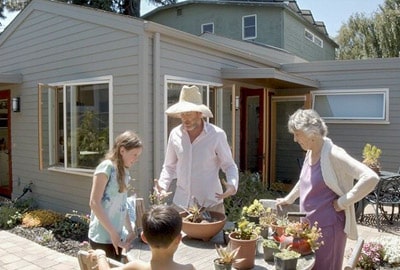
ADU, as an independent living space, is equipped with all the necessary conditions for a person who needs care. It makes life more functional; it is practical from the point of view of the individual who provides care. Sharing living can bring a lot of positive emotions and energy, which is very often more valuable than medicine.
Constructing an ADU for people who need daily care, you provide them with the most comfortable environment filled with warmth, coziness, and communication with family. For those who provide care, such an affordable housing option as ADU simplifies the performance of household tasks, significantly reduces monetary costs and saves physical and emotional strength.
Since ADUs for caregiving are different from ordinary houses, first of all, it is necessary to study local regulations. To successfully deal with all regulatory barriers, it is better to discuss pre-approved ADU plans with lawyers. They will also help you choose the best financing option, e.g., a second mortgage or a home equity line of credit. Finally, it is important to equip living quarters in accordance with the principles of universal design.
Each ADU draft is unique, so it is impossible to name the total amount for the construction. So, an ADU attached to the primary residence will cost less than a basement apartment, which in turn has a much lower price tag than a detached ADU. In any case, families who decide to build an ADU should remember that this will allow them to make life better for those who need it, as well as receive additional income and improve the housing supply on the market.
